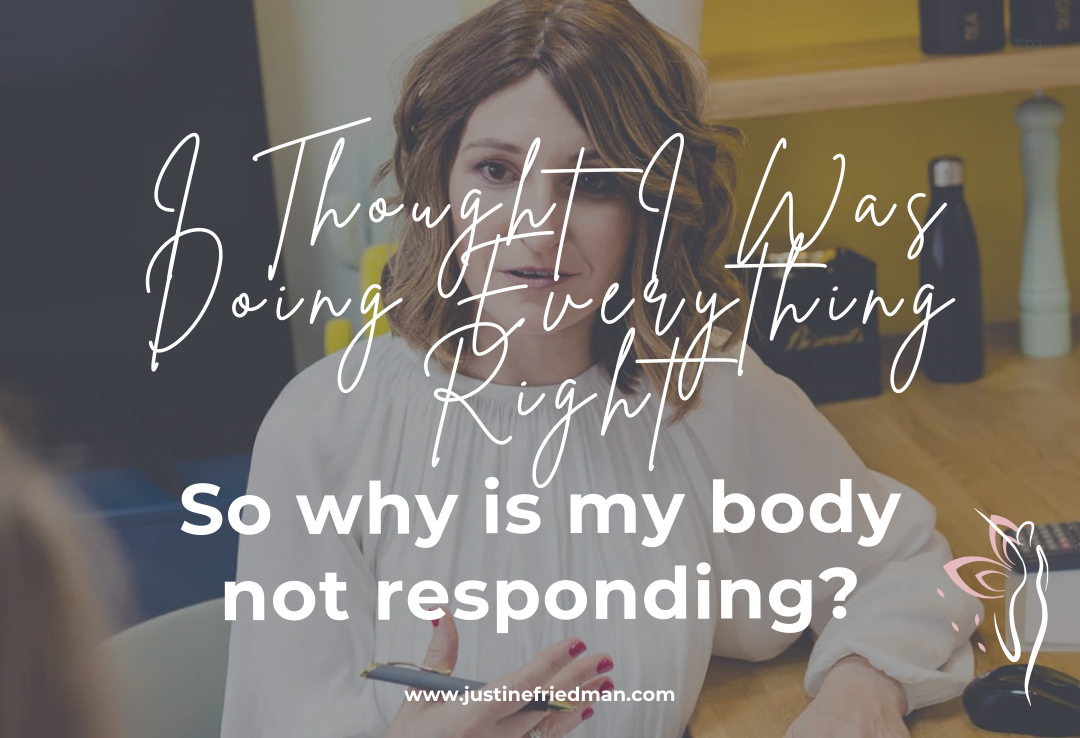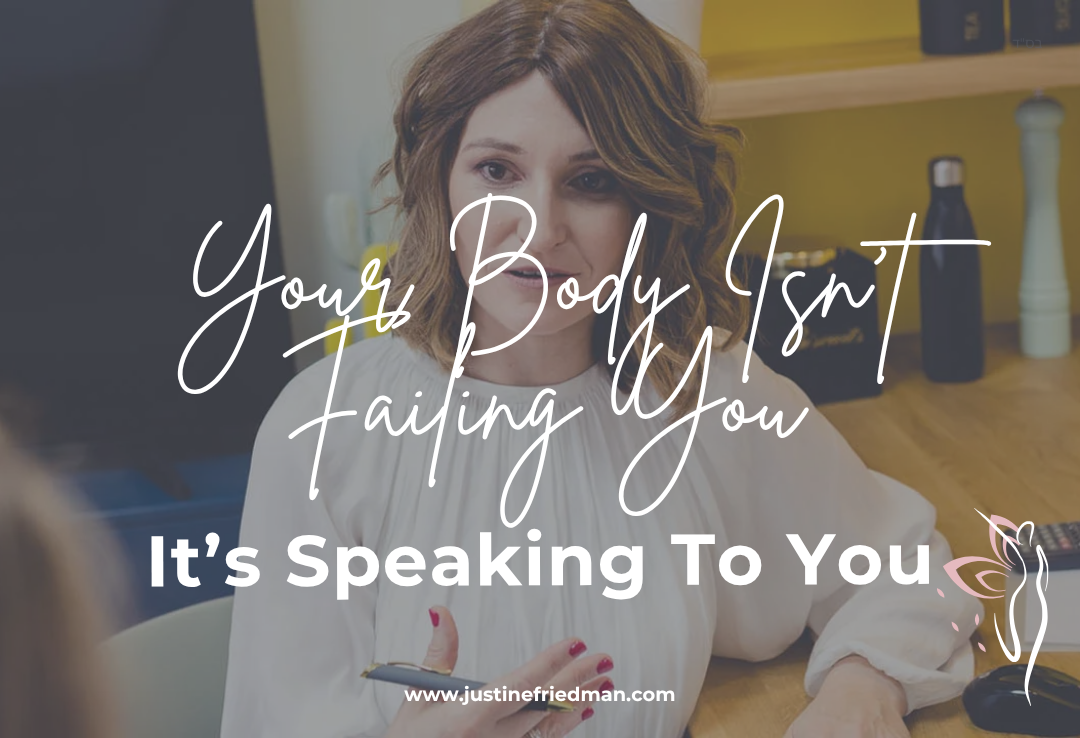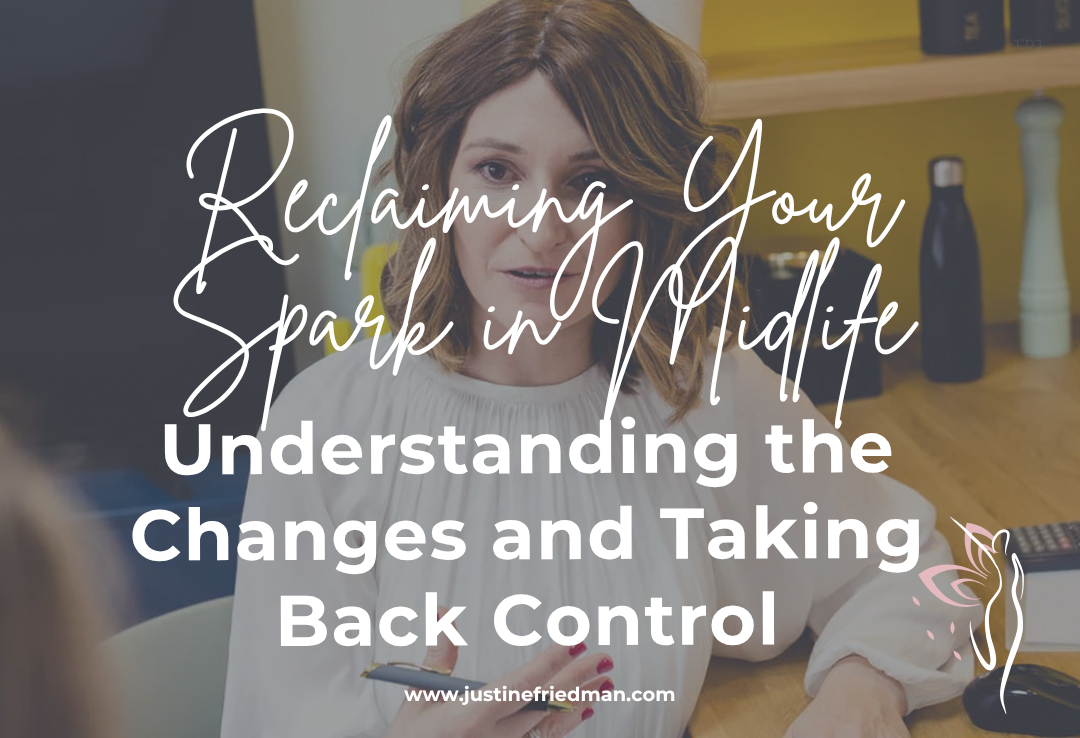How do I prioritize myself and my health when my world is so upside down? Is this even important right now?
If you are feeling frozen, if your thoughts are focused on safety and living through today, then it is likely that you may also be thinking, what difference does it make if I eat the chocolate bar right now?
And I get it.
There are times during the last 3 weeks - which feels more like an eternity - when I have given into the comfort foods and allowed myself to opt out of the world for some time.
I may not be on the front lines of this war, and I may not have a soldier who is risking their life for this fight which will determine whether we as a nation survive, but I feel every last drop of it in my heart and soul and more distinctly in my nervous system.
With every siren and with every boom, some of which are normal sounds in the building where I live, my body reacts with a strong survival instinct. My heart races, my breathing quickens, and a knot forms in my stomach.
And it takes time to calm down again.
There are moments when I am distracted and I realize that I haven’t thought about the war, what a sweet relief these times are, and then the reality returns.
I am living with a sense of intensity and pressure that is so hard and I am sure you are too.
So back to my question, is it even realistic to focus on my health or should I put that on the back burner while there are more important things to deal with right now?
Here is why, in whatever capacity you can, I encourage you to value taking care of yourself. As women, we are the core of our families. How we function has a ripple effect on our husbands, children, and our extended family and friends. We don’t have to have it all figured out, or have it all together but neglecting ourselves right now serves no one, especially ourselves.
Back when corona began, many of us endured the time baking banana bread, lounging in pajamas, and feeling generally unmotivated and out of sorts. And even though what we are living through right now can't be compared, some aspects feel similar.
It is so normal to push off taking care of ourselves, but when we are running on empty and we have nothing to give, we suffer more and those around us, who rely on us to be an anchor have a harder time.
“It doesn’t matter, nothing matters I don’t care what I eat right now” the inner scared voice may say…. But it does matter! And not only does it matter but taking time to nourish your body right now can make a difference most profoundly.
We all know how stress can impact the body.
It affects our brain, causing memory loss, inflammation, and brain fog. It raises our blood pressure leading to extra stress on our kidneys and every cell in our body. It increases heart rate and risk of heart disease. Anxiety and depression are intensified by poor food choices. And as women symptoms of PMS, perimenopause, and menopause are exacerbated. If you have pre-diabetes, diabetes, high cholesterol, high blood pressure, or autoimmune conditions, taking care of yourself is the difference between suffering from these and dealing with long-term complications versus reversing some of the ill effects.
So how can you take care of yourself without adding extra pressure?
Because the last thing I am suggesting is that you eat less, exercise harder, and deprive yourself of foods that you enjoy.
(Even as I am writing this there are booms close by as the iron dome intercepts rockets being fired from Gaza!)
Here are some tips on what I am currently doing and working together with my clients on to implement in their lives:
- Drink water- being hydrated helps your brain and improves your cognitive ability. Hydration and health are fundamentally linked, especially during times of stress.
- Limit caffeine if anxiety is worse at this time. Stress management techniques often recommend reducing stimulants to help maintain calm.
- Do light exercise and if you can do more then go for it- it reduces stress, increases the production of endorphins in the body, and overall improves mindset and mood. Physical activity for stress relief is a highly effective strategy.
- Pay attention to your hunger- if you have lost your appetite- still nourish your body by eating smaller, balanced meals- this helps keep your blood sugar stable and reduces symptoms of anxiety. Nutritional wellness is crucial for managing stress and maintaining health.
- If eating chocolate (or your desired comfort food) is what you need, by all means, have some but do so after a meal where you have included vegetables, salad, healthy fats, complex carbohydrates, and protein. Self-care practices include allowing yourself comfort in moderation.
- Take time to breathe and do stress-relieving exercises that work for you. Mindfulness and relaxation techniques can significantly aid in reducing anxiety.
- Limit time on social media and the news- it is important to stay informed but if what you are “consuming” is increasing your worry and stress then pay attention to this. A social media detox can be beneficial for mental health.
- Connect with friends and family for community support. Knowing you're not alone can make a big difference in how you cope with stress.
- Smile at people that you pass on the street and wave to the soldiers- there is nothing better than getting a smile and acknowledgment back! Small acts of kindness can boost your emotional resilience.
We are all in this together, and although it feels like we are living a double life in many respects, let’s find a way to live each day, right now in the best way that we can. You cannot pour from an empty cup and if you need guidance on how to take care of yourself right now, with compassion and understanding, then let me help you to do that so that you can take care of those who are depending on you too.
I'm here for you!
Use this link to book a complimentary call.





